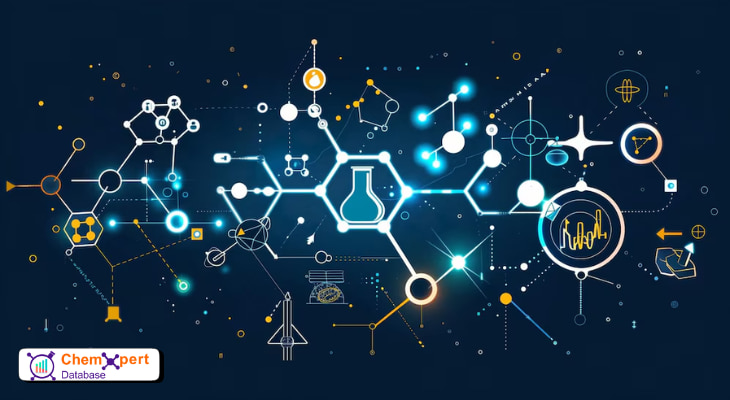
Chemical data gathering is widely used in the current research and industries as an important and fundamental step. Ranging from protection of human life in manufacturing industries to promoting research on pharmaceuticals chemical data is the key building block in so many uses. Looking at the future and considering the fact that the mankind is getting deeper into the digital era, it is crucial to look at the trends in chemical data collection today as there are both opportunities and threats. This blog covers the current status and the potential trends that seem likely to develop in the world of attaining chemical data.
Chemical data acquisition refers to a process of compiling information relative to the characteristics, actions, and relationships between chemicals. This data is essential for various applications, including:
Chemical Data collection present day challenges: -
Two major problems of chemical assessment involve data accuracy and data uniformity. These include differences in the methodology of data collection, the instruments employed and human factors.
Solution: By developing protocols which are standard and by using superior techniques in data validation. As mentioned before, organizations like the International Union of Pure and Applied Chemistry (IUPAC) can also contribute in the common data formats and standards’ development which can also improve the data consistency.
Solution: One way of integrating and analyzing large and complex data is to use special data management systems and such technologies as big data.
Solution: This must be accompanied by the use of stringent measures of security and encryptions systems. Also, using access controls and auditing will assist in preventing the unauthorized disclosure of information.
Centralized database or platforms make sharing of data among the researchers across the globe possible.
• Advanced technologies in data acquisition facilitates the monitoring and analyzing of chemical processes with real time data. This particular capability is useful for manufacturing and checking environmental conditions.
A common interconnection of various devices for accumulating data will be offered by the Internet of Things (IoT).
Personalized Chemical Research: Technological development and improvement of data handling systems will eventually bring about tailor-made approaches in chemical experimentation and procedures.
Chemical data collection currently stands at a crossroads comprising of numerous opportunities as well as challenges in its present and future. When the current problems are articulated and the possibilities properly utilized, the chemical industry can set a precedent for the utilization of potentially efficient inventions. New technologies and partnerships will be the drivers that help to maximize the availability of chemical data in the future years.

Sick and tired of always wondering if you are being asked to pay the right price for your APIs? This empowers you with the answers you need to make the right decisions in the Global API market.
Chemxpert Database is one of the biggest and most comprehensive directories of pharma and chemicals, manufacturers, suppliers and information. Provided with current information on prices, demand and transactions, it gives you instant feedback on whether you are buying what is right and at the right time.
Start using market intelligence today and allow yourself to be in control in the API market.
Check it out today and make more informed sourcing decisions! Learn More!